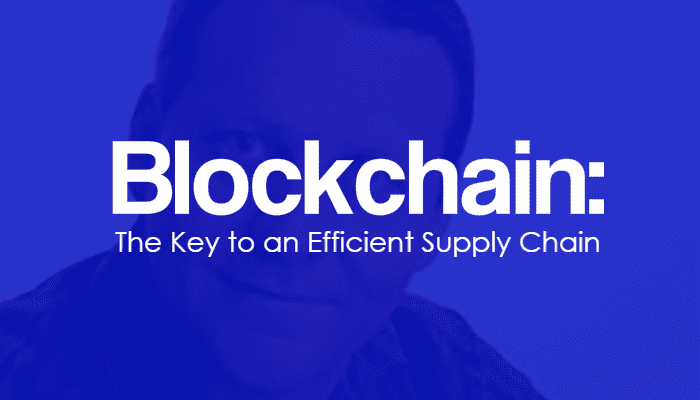As the complexity of the modern enterprise supply chain continues to intensify, reporting and accuracy standards must rise in kind. Whether for the satisfaction of growing regulatory requirements, internal auditing and optimization, or decision tracking and justification (for instance, in case of an accident), there is an ever- growing need for the availability of immutable evidence. For example, in the pharmaceutical industry, section 16 of the new EU Medicine Directive dictates that highly robust product tracking and data proof methods must be implemented and deployed in the pharmaceutical industry.
In the traditional IT environment, data is stored in a single “pool”, oftentimes with multiple vulnerabilities and at a constant risk of being altered or deleted. These centralized repositories offer a single point of failure, which, once breached, makes all protected information (here related to the supply chain and its intricacies)open to compromise or alteration. Clearly, in an economic flow as powerful and vital as the supply chain, robust and near-bulletproof protection is paramount.
The solution to these amplified and as-of-yet unmet needs can be found in blockchain technology, specifically when deployed in a proof-certificate format. If executed correctly, the highly secure and totally immutable blockchain can proficiently track and provide relevant data to any given transaction, decision, or event. Even further, the tokenization of such information provides a unique digital key method of verifying proof ownership and transferring said key to any requesting party.
In such applications, data inputs are totally variable based on the supply chain needs and the data verification requirements of the target company. A mattress wholesaler might track everything from shipment listings or departure times, to assigning truckers or verifying the condition of goods upon arrival, while a grocer may simply need to provide temperatures and other information pertaining to sourcing. In the event that something goes wrong somewhere in the chain, a blockchain record allows for an immutable proof of decision-making to be accessible by relevant stakeholders.
Blockchain technology enables the storage of data in such a way that proof is immutable, yet transparent. For organizations wanting to understand the provenance of an asset, product, or any data event, to then track the transactions and exchanges of ownership that relate to it, it is the perfect technological solution. Even more importantly, the network consensus and cryptographic features of blockchain make it highly resistant to various cyber attack. The ledger of transactions is replicated and distributed across all computer nodes in the network, while the latest version of it is only agreed by a process of compute and consensus. Even if targeted attacks can shut down single computers within the network, consensus amongst the other nodes neutralizes the impact of the attack.
In the face of rising challenges for supply chains of all industries, blockchain proof protocols provide the best route forward. Such applications provide their users with the ability to quickly and reliably provide evidence in important auditing, regulatory,
and decision-making scenarios while simultaneously protecting the integrity of that data.
About the Author
Adrian Clarke, Founder of tech startup Evident Proof and CEO of Berkshire Cloud & former Microsoft CTO and Innovation director. Adrian has more than 20 years’ experience in enterprise cloud computing and app development, most recently as co- founder and CEO of Berkshire Cloud. Evident Proof uses blockchain technology to bring ‘trusted, distributed consensus’ to supply chain management.



































